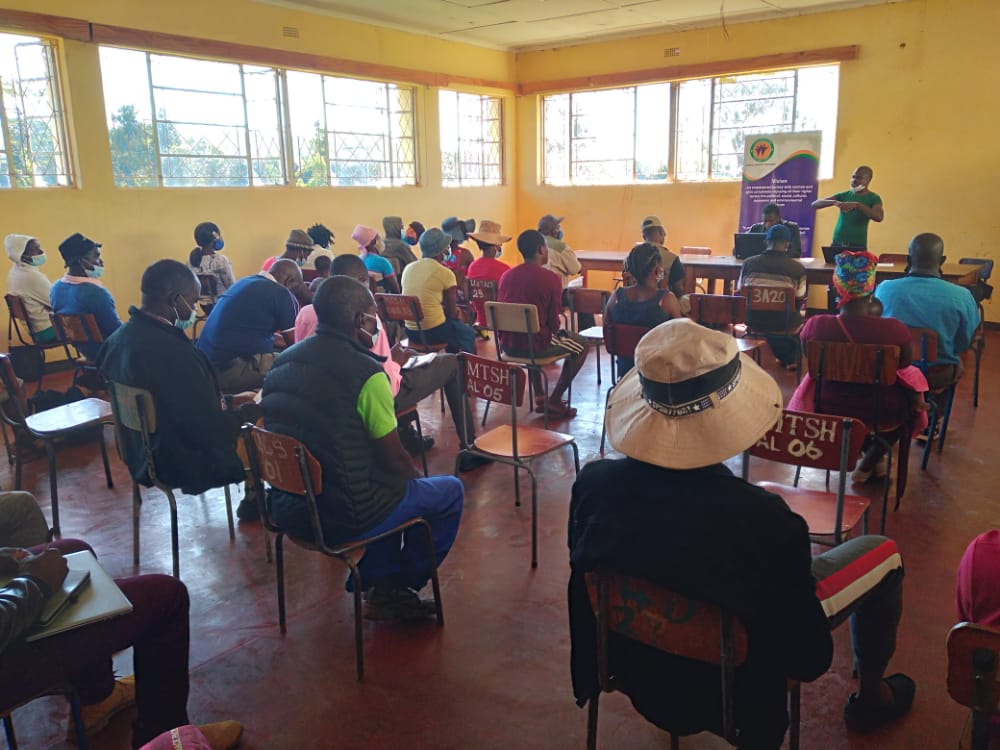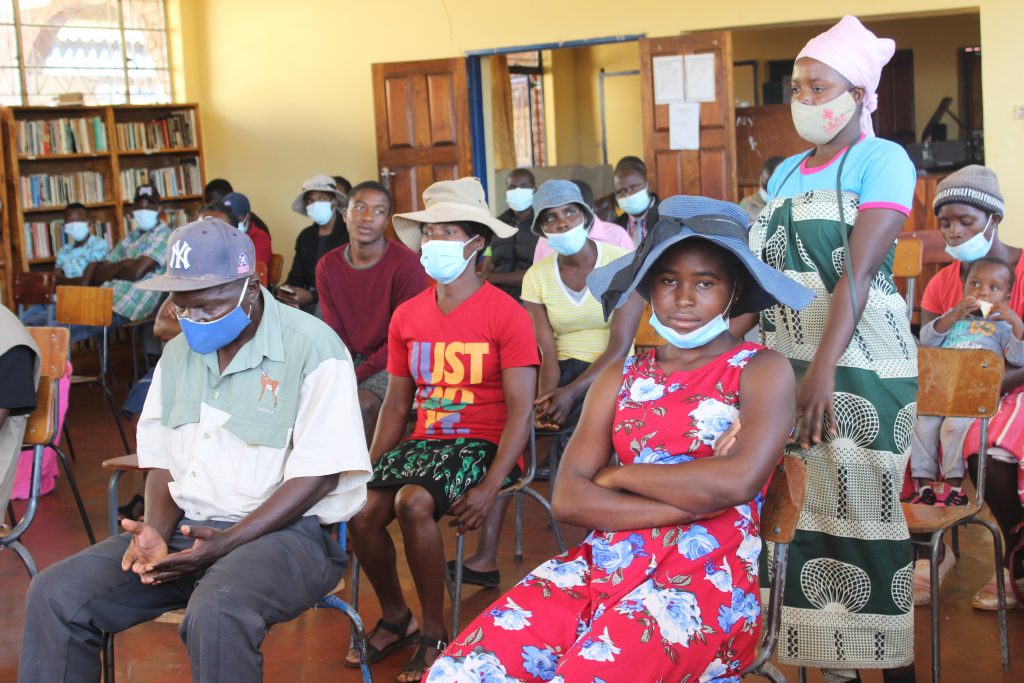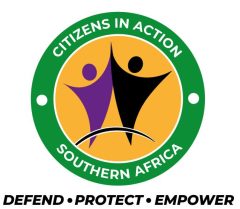
Citizens In Action Southern Africa In partnership with Green Institute held a community-stakeholder dialogue meeting on human wildlife conflict and recover pathways after climate induced disasters in Chipinge district on the 26th of May 2022 to have insights of the local disaster responsiveness plan and build sectorial collaborative frameworks for the people of Chipinge. The dialogue meeting which sought to map advocacy and a robust collaborative strategy that will help improve livelihoods of affected families, in as much as universal health coverage is concerned, disaster management and climate change mitigation strategies was welcomed by the Chipinge District Development Coordinator, William Mashava.
Speaking during the dialogue meeting, the Chipinge District Development Coordinator (DDC) William Mashava first applauded Citizens In Action Southern Africa (CIASA) and Green Institute for the move they had taken to bring the community and stakeholders together to map the way forward towards mitigating human wildlife conflict and to seek recover pathways after climate change disasters.
“We thank you for what you have done to put us stakeholders and community members at one place to discuss on these issues that are affecting both of us so that we come up with sustainable solutions to human wildlife conflict and climate induced disasters”, said the Chipinge DDC.
He went on to confirm that reports have been made to his office that wild animals were seen moving around communities and lamented community members’ behaviour after encountering wild animals which he said was not good at all for they had no idea of what to do after an encounter with wild animals.
“I can confirm that wild animals are rooming around our communities. There is a lioness rooming around with its curbs at Mnene and some lions were spotted near Chipinge town recently. However, I am worried with the way in which some of our friends are acting after making encounters with elephants”.
He went on to highlight that there is need for CIASA and Green institute to spearhead the implementation of initiatives to encounter these challenges like education and awareness campaigns on human wildlife conflicts. Chipinge DDC reiterated also on the importance of creating and maintaining human wildlife relations since he noted that behind human wildlife conflicts there are human wildlife relations which the Chipinge community must be aware of.
“Our people do not know what to do when they encounter wild animals so it will be good if you come up with programs that have people from parks so that they can educate community members on wild animals in that way we can create and foster a human wildlife relationship which is another way to solving human wildlife conflicts”.
Women who attended the meeting echoed on the importance of educational campaigns in making people aware of what to do when they encounter wild animals. They also indicated that community members were not aware of some of the laws that govern protection of wild animals hence one raised a concern over use of a riffle “chibhamu” to protect oneself from wild animals.

“There are a number of issues concerning encountering wild animals and some of these are not practical. We cannot call for authorities and wait for them to come and collect the wild animal knowing the community is in danger when we can use “chibhamu” to protect ourselves”, said one of the female participants.
Forestry Commission of Zimbabwe said it was illegal to use a riffle even in the case of defending oneself for that would be considered as poaching. He advised community members to alert authorities like the local authority, Parks and community leaders in the event that they encounter wild animals.
Another participants echoed that alert mechanisms for climate induced disasters that were being used to alarm people had proven to be in effective. She went on to indicate that there was a need for the DDC’s office to partner with other various stakeholders in the community to implement plans for effective information dissemination during climate induced disasters.
Before summing up the dialogue, CIASA, Green Institute, stakeholders and community members agreed on setting up social protection systems that are sensitive to disaster in Chipinge district and to capacitate community monitors who will be working together with Forestry Commission of Zimbabwe, Council and Environmental Management Agency and District Development Coordinator office.
Forestry Commission of Zimbabwe, Council and Environmental Management Agency and District Development Coordinator office were recommended to work closely with the communities and departments like MET, Forestry Commission and EMA to disseminate information on disasters especially to the marginalized and peripheral communities which do not afford radios and where there is bad network connections. District Development Coordinator recommended communities to create and maintain relations with wild animals since behind human-wildlife conflict there is human-wildlife relationship and he indicated this can only be achieved if organizations capacitate community members with skills and knowledge of what to do when they encounter wild animals. Forestry Commission and EMA recommended CIASA and Green institute to change behavioural patterns of community members through awareness campaigns on human-wildlife relationships.
The dialogue was graced by stakeholders from the District Development Coordinator’s office including the Chipinge District Development Coordinator himself, Environmental Management Agency (EMA), Forestry Commission of Zimbabwe, and Metrological Services Department (MET) among others.
